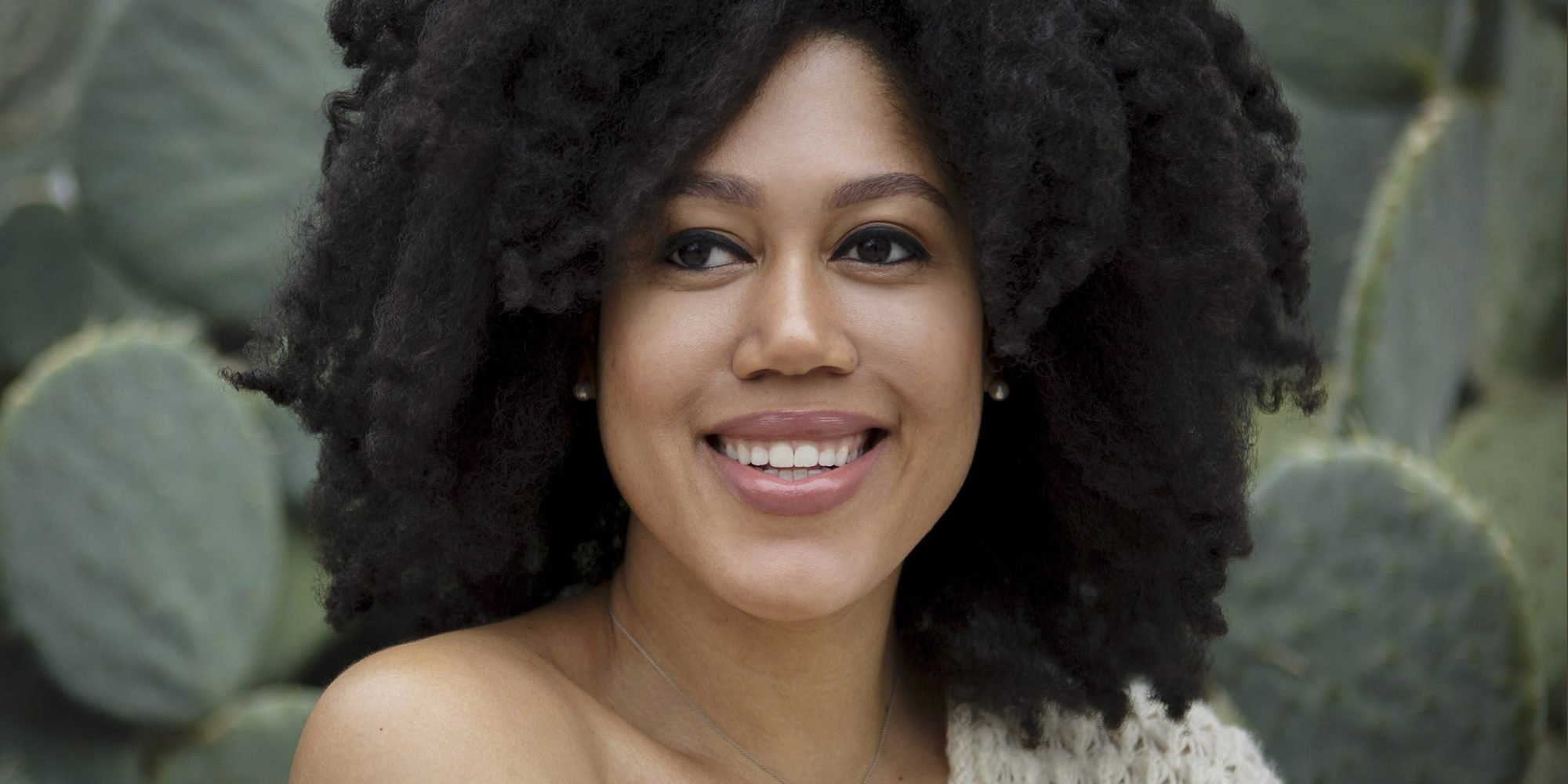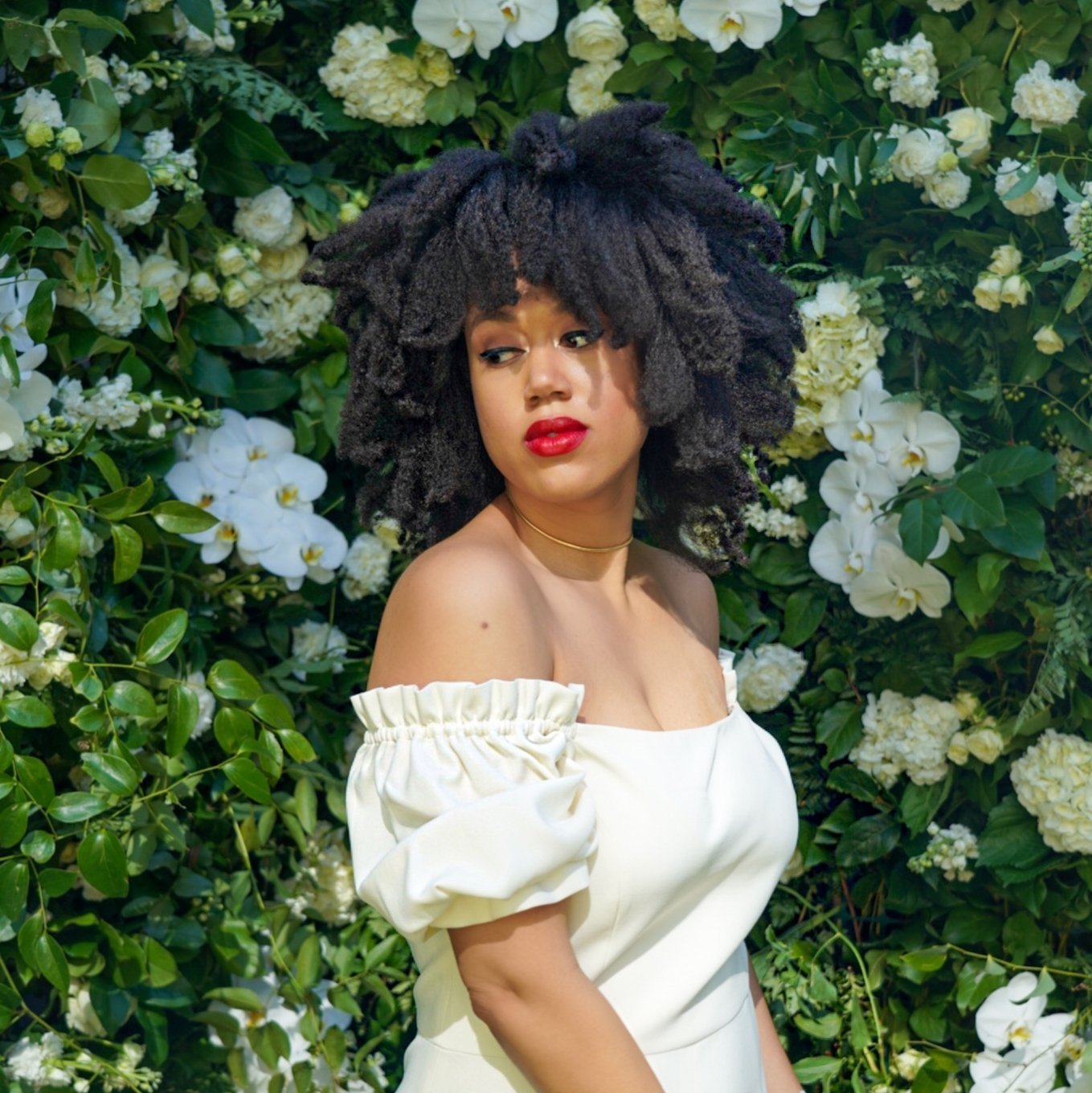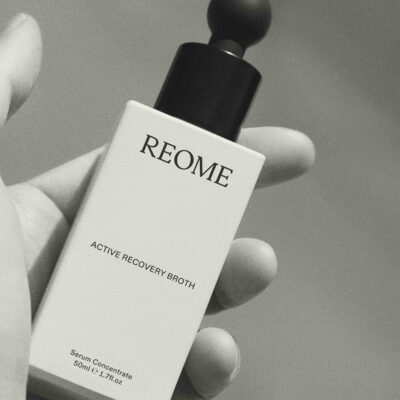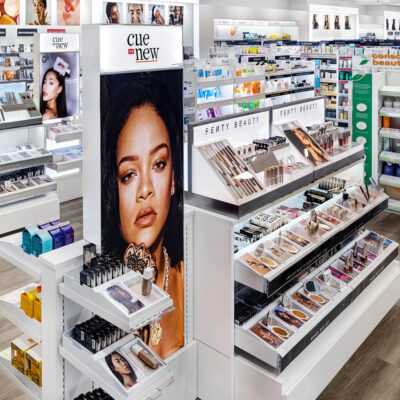
Content Creator Chelsea Williams On Contracts Restricting Political Speech, Opportunistic Virtue Signaling, Unfollowing People And Equal Pay
In the past week, as protests demanding justice for George Floyd and an end to police brutality against Black people spread across the world, beauty and wellness brands accustomed to posting on social media about serums, soaps and supplements shifted gears to take public stands against systemic racism. Anastasia Beverly Hills, Cocokind and Ilia are among several of them that announced donations to civil rights organizations such as the NAACP, Black Lives Matter and ACLU. A few brands and influencers remain radio silent, and some have been criticized for not making statements quickly enough. Beauty Independent caught up with plant-centered wellness and beauty content creator Chelsea Williams of That’s Chelsea, who has partnered with companies large and small such as Whole Foods, Erin’s Faces, Athleta and Samsung, to discuss how brands are responding rightly and wrongly, changes that need to happen to make the beauty and wellness digital ecosystem a place of real diversity, and allyship with black people.
You posted last week about language in influencer contracts stopping people from being able to post about Black Lives Matter and related political issues. Can you tell us more about that?
Primarily, I see this language written in the terms and agreements of influencer marketing platforms, which are almost like the indeed.com or fiver.com for influencers. Influencers can go online and apply to participate in campaigns hosted by brands that we know and love, brands that we’ve always wanted to work with. That third-party platform will facilitate the process.
The influencer marketing platform will promote a campaign listing and say, “We’re looking for 10 influencers in the wellness space who can give us three Instagram in-feed posts and Instagram Stories for X rate. Are you agreeable, yes or no?” As part of that relationship, you must agree to certain terms. These terms can last the lifetime of the campaign or sometimes the lifetime of your business or blog. In some instances, you cannot make any political commentary. You can’t say I’m voting for this person. You can’t say I’m a Democrat, I’m Independent.
Every brand has a preference, and every platform has a preference. Sometimes, it can be that you can’t post about activism, including Black Lives Matter or animal activism. A particular brand will say, “We only want influencers that will agree to these terms.” It’s that third-party platform’s job to do their vetting and make sure that we haven’t participated in any of these actions.
We are now in a situation where people are hurt, and they want to speak up for what is right, but, unfortunately, they’re contractually obligated [not to]. They’ve entered into an agreement knowingly, probably with good intentions. Black Lives Matter is not new, but I don’t think that we were ready for the influx of racially charged events that are now being documented online. So, they [influencers] probably thought, “This agreement is only six months. I can keep my mouth shut about X, Y, and Z for six months because I need to get paid.” There are other influencers who may not have done their due diligence to read the terms and conditions because they can be rather lengthy, and we’re all busy. Sometimes, they slip up and sign things. Then, they realize later, “Oh, no, I can’t talk about it. What am I supposed to do from here?”
If you’re not an influencer, you may not understand the business, and some of the logistics that go on behind all of this. It can appear that someone is not taking a stance, when they’re really in a situation where they are contractually obligated not to take a stance. It’s tough because people were asking some influencers, “Why aren’t you using your platform to speak up?” Sometimes, there are cases where influencers have come out and said, “Hey, I’m under contract.” Of course, readers questioned who would really draft a contract like that.
There’s a change happening. I’ve seen this language before, but it’s starting to get more specific. I’ve been seeing an influx of these platforms updating the terms. Sometimes, it’s being updated on the platform as a whole, and sometimes it’s just brand-specific. Brands and businesses are trying to find ways to protect themselves and are, therefore, updating this language to protect themselves and the brand, and also their clients. It’s really a sticky situation.
What recommendations do you have for influencers?
I always recommend working with an attorney. I’ve worked with [the same] attorney for a long time. If you’re going to be in this business, it’s really important that you have legal counsel. If you’re not sure about something, if it’s a lengthy contract or, once your contract gets to a certain [dollar amount] threshold, you’re making a certain amount of revenue in your business or per project, you really need to make the investment [and] have a professional review [of contracts] because we miss things, things vary state by state, and it can get tricky.
What missteps do you see brands making right now?
We’re seeing who’s an expert in diversity and inclusion in our business, who’s walking the walk and talking the talk. Just like we’ve seen in green beauty and indie beauty, a lot of people [are] entering into the space that have artisan products, and some have been exposed in terms of, this person isn’t really an expert like they say they are.
Brands have always said, “We value diversity and inclusion.” Then, when you have to step up in this moment, they don’t know what to do. Are you an expert or not? All these years, you said you value diversity, inclusion, and you’re a thought leader in the space, but you’re really not because, when it’s time to actually put your money where your mouth is, you don’t know what to say. You’re being offensive. You’re still making tone-deaf comments.
I see brands saying, “This is what we’re going to do now.” Now, they’re trying to make a shift. Brands have been reaching out to me saying, “We want to highlight black creators this month because of what’s going on.” If that was something that you valued, then you would have always been diverse. You would have always highlighted content creators of color. This would not be the first time I’m hearing this conversation from you. Now, it’s feeling opportunistic. You’re using me as a token voice, and that’s not fair.
Are there brands that you think are doing a good job around diversity, inclusivity?
The first one that comes to mind is Glossier. I’m not currently a Glossier customer. I’ve been to the store, but I’ve been unclear about what’s plant-based and what’s not in terms of their products. But I’ve always thought they had a cool aesthetic. They came out, they said the facts, it was no opinion. They came out with Black Lives Matter. We stand in solidarity. This is unacceptable. We’re going to donate. We may not have it all together, but we stand with you and we’re gonna fight this thing with you, here are resources. They were very clear on their stance. There was no muddiness about it.
They have always shown a diverse range of women and real skin: skin with acne, women with hyperpigmentation, with rosacea, older women. I really respect them for that. Not only did they take a clear stance, but they took accountability and said, “Hey, we want to remain a leader in this space. This is what we’re going to do.”
It was a call to action to their audience. They said what they’re going to do and said, “If you want to join us in solidarity with our brothers and sisters who are dealing with this, we invite you to join us by getting involved, here are some resources.” Then, they talked about what they’re going to do in the future. It was a four-part response. That was really admirable. I think they earned a lot of respect.

How can brands and content creators be more sensitive to black people at this time and going forward?
People need to understand that we were already in a mental health crisis. With COVID-19 and the racially charged events happening right now, I think here’s going to be an influx of people seeking out therapy and mental health services.
There’s a lot of this following, unfollowing thing happening because people are upset, and rightfully so. A lot of people are unfollowing during this time, because [even though a person or brand will] say, “I stand against racism,” they’re making comments, like a white person saying, “My hair is nappy.” What does that mean to you? What are you saying? Are you saying it’s tangled? Or are you saying it’s nappy? Those are two different things. Or they’re saying, “My hair forms dreadlocks.” That’s triggering. So, I choose to unfollow people like that. I’m not saying that they’re racist, it’s just triggering right now, like, oh my gosh, I’m so tired of seeing this.
If someone unfollows you during this time, it’s not always personal. It doesn’t mean that they hate you. You may not be educated enough on this topic right now for me to follow you in this moment. It doesn’t mean I don’t support you. Right now, I have to stay away from your online footprint until you get it together over there.
“There are so many brands that are just not doing it right. I don’t even want to work with them.”
What can brands do to cause lasting change in the industry?
Brands need to hire more black content creators and pay us equal pay. Influencers, we have these conversations in the background. We know what people are getting paid, at least in the ballpark, and there’s a disparity, whether people want to admit it or not. Some brands are really good about this, and they pay a flat rate because they know that people talk. It may not be documented online, but people have conversations behind closed doors.
Also, the staff. It’s not enough for your digital footprint to be diverse. Your staff in the office has to be diverse, and there are uncomfortable conversations that need to be had about prejudice and microaggressions.
When Philando Castile was murdered, I posted Black Lives Matter on my page. [This post was years ago], so the awareness [about Black Lives Matter] wasn’t there among some people. An influencer with a larger platform immediately sent me an email and said, basically, “This is racist.” She did try to have a conversation about it with me, but it was very aggressive. I just stated the facts. I tried not to get emotional.
I told her what Black Lives Matter means, that it’s not an attack on white people or other races. Our lives matter, too. We want access to organic food, nontoxic beauty products, and clean air, too. This is a systematic thing that’s been going on. I’ve worked as a public health professional. I had to stay abreast of things like environmental racism, systematic racism, internalized racism. I had facts, and I’m black.
She said, “You’re not like other black people. Where I live, black people don’t really commit crimes and, if black people don’t like where they live, if they don’t like what’s happening in their community, they should just move.” On top of that, she said that, if cops feel intimidated, they will shoot, and that she has someone close to her that worked in law enforcement and that she sees things firsthand.
That person, today, in this current climate, has said, “This has always mattered to me, and black lives have always mattered.” She’s having to defend herself because, in the beginning, her stance wasn’t clear. Not just her public statements, but her digital footprint, business, track record. People [looking to partner with you] don’t just look at what you posted in the last two weeks, they go back down your feed. They go back and look at your old tweets from your personal Twitter account, screenshot them, and circulate them.
We, as black content creators, get a lot of backlash, too, from other black people who consume our content if we work with brands that are not diverse. We get called out, too. Part of my vetting process when working with brands is reviewing your social media account and also searching employees on LinkedIn. As an influencer, you don’t see me with every other post sponsored or swipe up for this or use my code for this. I mix in a lot of what I want to post organically because I will get backlash. There must be a balance.
There are so many brands that are just not doing it right. I don’t even want to work with them. This is my fourth year of doing influencer marketing. I don’t want all those four years that I worked hard for to go under because I chose to work with a brand that didn’t value diversity and, therefore, my audience felt like I just did it for a check.
Brands need to take a stance. If they want to do it right, they just need to say, “This is where we stand. We don’t condone racism. If you’re someone who is racist, you’re not our ideal customer. Maybe we’re not the brand for you. This is what we’re going to do, so it’s either hop on board or find another ship.”
Everybody can’t take on every cause. I understand that, but it’s also interesting to watch people who were very vocal about certain topics just drop off the face of the earth, haven’t posted all week, just silent and still continuing to talk about [other issues]. And it’s like, you have a large audience. I don’t think these brands realize that they have a large minority audience, and we want to feel heard, too, and we don’t feel heard or represented. If you’re a white woman, you have a white family, I don’t expect you to go find black folks to go pose with online. That’s not what I’m saying, but, when it comes to issues like Black Lives Matter, just say, “I know I have a lot of minorities that do follow me. I stand with you guys. I acknowledge you. This is not right.” That’s it. That’s all you have to say, and just keep it moving. We can all do better.





Leave a Reply
You must be logged in to post a comment.